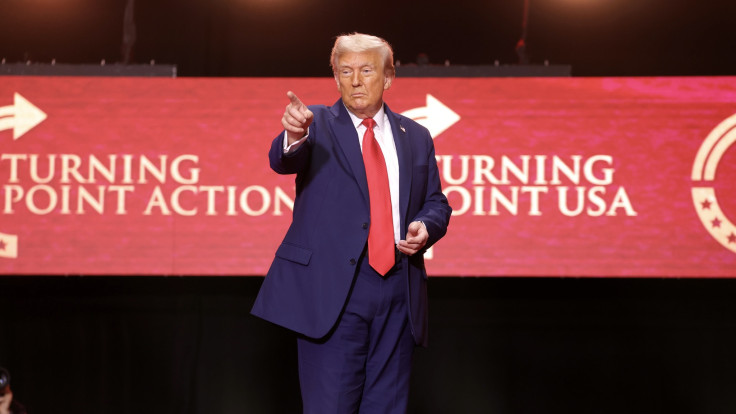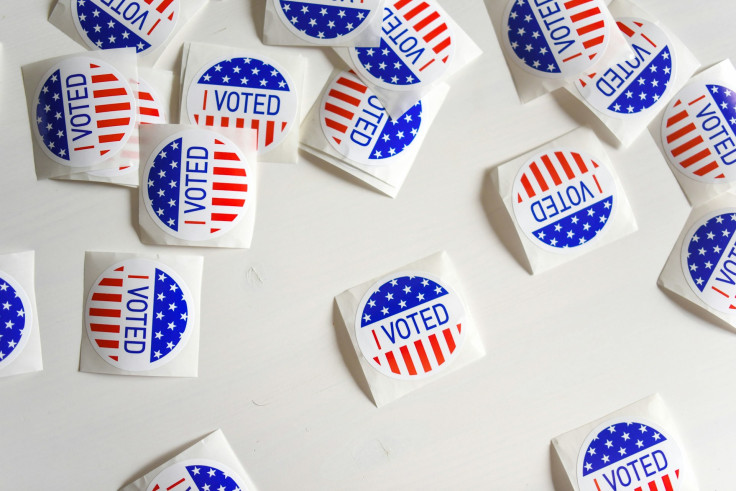'Election Bribe?' Donald Trump's Student Loan Forgiveness Sparks Accusations of 2026 Vote-Buying Scheme
The Trump administration approved student loan forgiveness it had previously restricted

Donald Trump's administration has agreed to cancel student debt through programs that were previously restricted. The decision follows an agreement reached on Friday, 17 October 2025, between the U.S. Department of Education and the American Federation of Teachers, a union representing educators across the country. The deal marks an important policy reversal - allowing thousands of borrowers enrolled in income-driven repayment and public service loan forgiveness plans to once again qualify for debt relief.
CNBC reported that under the updated deal, Trump's administration will reopen the processing of the student loan forgiveness for qualified individuals enrolled in the Income-Contingent Repayment and Pay As You Earn plans, as long as the programs remain active. This will give borrowers in certain repayment plans the chance to apply for relief while also protecting them from potential tax liabilities that would have taken effect in early 2026.
'For nearly a decade, the AFT has fought for the rights of student loan borrowers to be freed from the shackles of unjust debt—and today, a huge part of that affordability fight was vindicated,' AFT President Randi Weingarten said in a press release. 'This year, we took on the Trump administration when it refused to follow the law and denied borrowers the relief they were owed. Our agreement means that those borrowers stuck in limbo can either get immediate relief or finally see a light at the end of the tunnel.'
Political Timing Raises Questions - Is the New Deal a Bribe for the 2026 Elections?
Supporters of the administration say Trump's decision provides long-awaited relief for millions of Americans still burdened by student debt. However, the US President's latest move to expand student loan forgiveness also sparked fresh controversy as rivals accused him of using the policy as a tool to win over young voters ahead of the 2026 midterm elections.
They argue that the timing and announcement of the plan suggest it's driven by political motives rather than by economic or social reasons. Political analysts are also saying the deal may boost Trump's image among debt-burdened Americans, thus many were quick to label the move as a strategic 'vote-buying' scheme aimed at boosting support before the polls.
In response, Trump's side insists the forgiveness plan is a fix to what they described as a 'broken' student loan system. They said the plan is about fairness — making repayment programs easier to access and providing genuine help to borrowers who qualify.

Relief for Some, Uncertainty for Others - Who Can Benefit from the Program?
Then again, not everyone can benefit from the latest round of the student loan forgiveness. This is because the deal mainly benefits borrowers enrolled in income-driven repayment and Public Service Loan Forgiveness (PSLF) programs. The issue is that most borrowers outside of these categories may receive little to no relief.
Meanwhile, with Donald Trump indicating he may seek the presidency again in 2028, the success or failure of his student loan strategy could shape his political standing. For some people, the forgiveness plan means relief from years of financial strain but for others, they may still see this as a deliberate move of using debt burden to gain political loyalty.
© Copyright IBTimes 2025. All rights reserved.




















